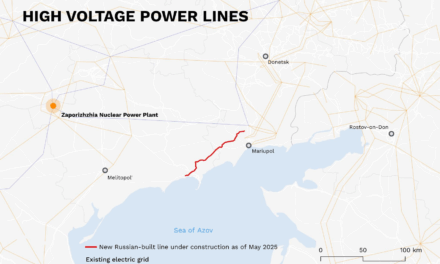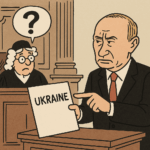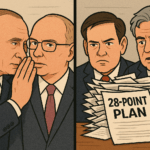Kyiv Post’s analysis contends that Washington has begun turning the United States’ most advanced cyber apparatus inward—away from countering hostile states and toward policing its own workforce—and that this reorientation carries immediate consequences for NATO and Ukraine. The shift is framed by President Trump’s abrupt dismissal of Gen. Timothy Haugh, the dual-hatted director of the National Security Agency and commander of U.S. Cyber Command, alongside removals and sidelining of other national-security officials. The article links these moves to an AI-enabled program, nicknamed DOGE, that reportedly scans federal communications for signs of “disloyalty,” recasting tools meant for foreign defense as instruments of internal screening. It notes that far-right activist Laura Loomer delivered a list of purportedly disloyal officials; that National Security Advisor Mike Waltz was present during the firing amid a separate “Signalgate” controversy; and that a tranche of National Security Council staffers was pushed out. The piece also describes how senior cyber officials skipped the RSA Conference, spooking practitioners who saw the absence as part of a broader purge. Lawmakers from both parties warn the changes are already degrading signals intelligence and resilience: Democrats cite disarray at the NSA and Cyber Command; Republicans caution that firing seasoned leaders undermines operations at a precarious moment. For allies, the analysis argues, the consequences are concrete. NATO’s deterrence has long depended on U.S. cyber leadership for early warning, attribution, and rapid coordination; as Washington focuses inward, that backbone weakens. European services report increased Kremlin-linked phishing, infrastructure probes, and influence operations; with fewer joint pushbacks and slowed intelligence sharing, those campaigns gain room to operate. Ukraine bears the sharpest edge of the fallout: previously robust U.S.–Ukrainian cyber training and real-time coordination have stalled or slowed in 2025, leaving Kyiv more exposed to Russian hybrid pressure. The article’s core claim is that cybersecurity is a collective enterprise built on trust, and that politicizing the mission risks sacrificing decades of capability and allied confidence—inviting more opportunistic probing by adversaries while forcing partners to fend for themselves without the usual American cover.
Washington’s Cyber Shake-Up Leaves NATO and Ukraine Exposed












